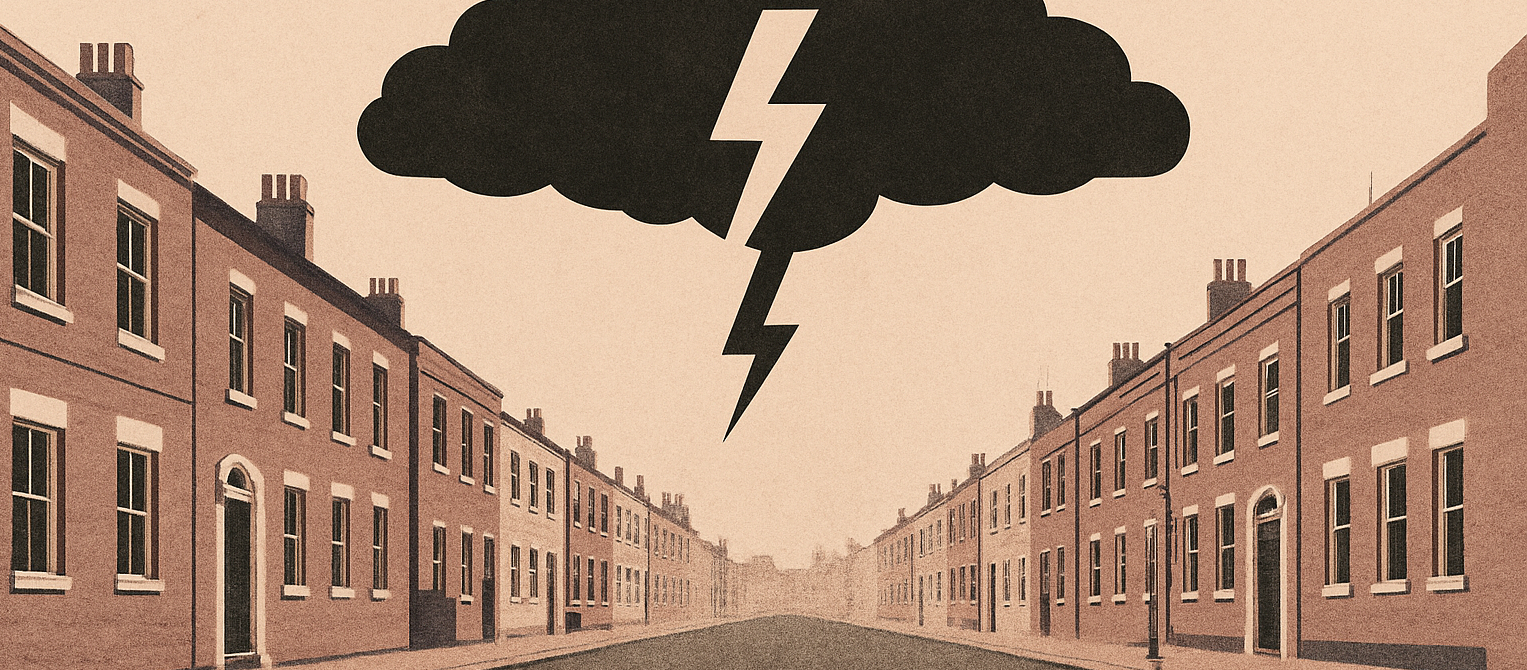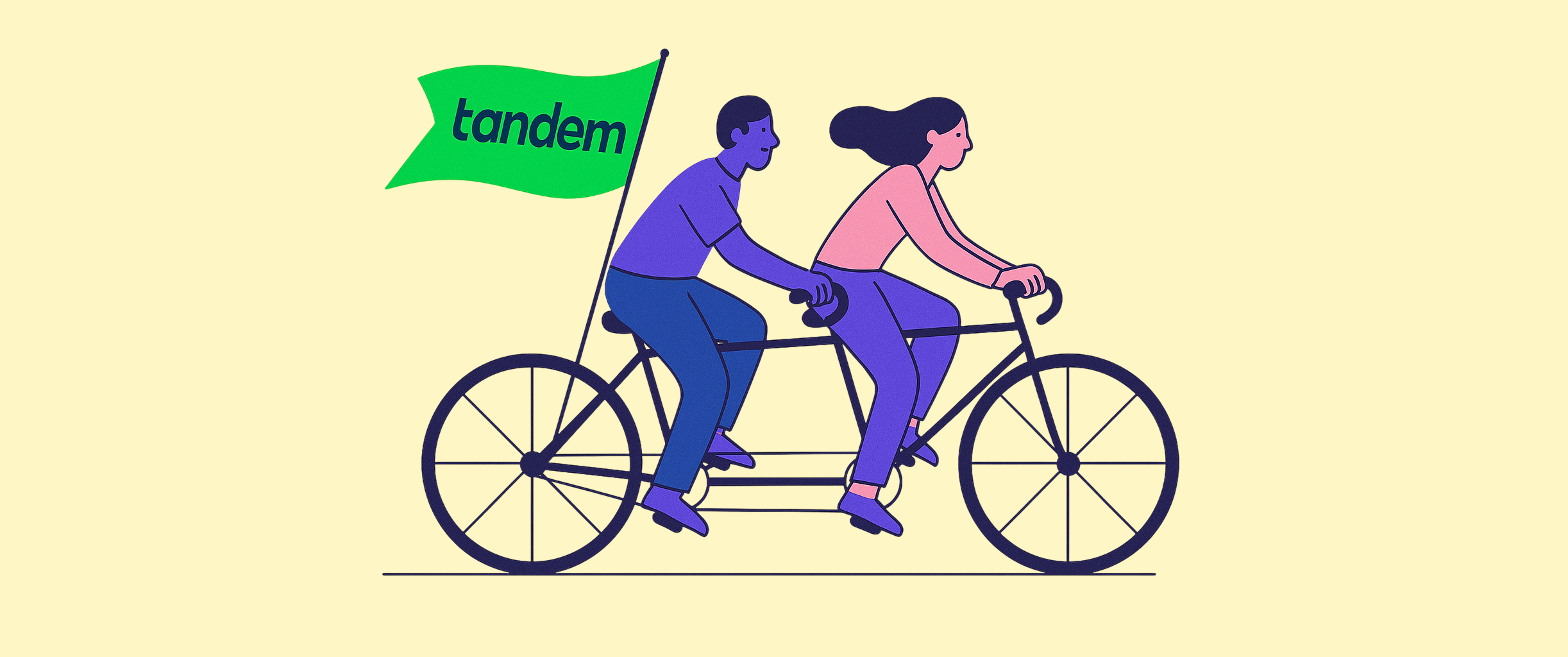Business Loan Secured by Residential Property
Learn how a business loan secured by residential property works. Discover eligibility, collateral requirements, benefits, risks, and repayment terms to make informed business financing decisions.

Related articles
Introduction to Secured Business Loans
A secured business loan is a type of loan that requires collateral—often a residential property or business equipment—to secure the borrowing, which is part of the valuation process. By offering security, businesses can usually access larger sums with more favourable interest rates compared to unsecured lending. Providing collateral, such as residential property or business equipment, is essential for securing larger loan amounts. A typical loan-to-value (LTV) ratio considered by lenders for secured business loans is often around 75% of the home's value.
For many business owners, a business loan secured by residential property provides an effective way to raise capital for business use, expansion, cover working capital needs, or invest in new business equipment. A business owner can provide collateral in the form of residential property or other valuable assets. This type of loan works well for those who need a significant loan amount and have valuable assets to use as collateral.
Types of Collateral
Collateral can take various forms, including residential property, business property, and business equipment. While residential property and personal property is the most common form of collateral, it isn’t the only option. Businesses can also secure lending against commercial property, business property, or business assets such as machinery. Lenders may accept business equipment as collateral, depending on its value and condition.
In some cases, lenders may ask for personal guarantees alongside the collateral, giving them additional security. The value of whatever you offer as collateral usually determines the maximum loan amount you can borrow.
Eligibility and Qualifying Criteria
To qualify for a secured business loan, lenders typically look for a good credit history, the business's financial circumstances, reliable income, and sufficient cash flow. Your business also needs valuable assets like residential or commercial property as well as personal assets to secure the loan.
The lender will review your business’s financial health, assessing the business's financial situation, including whether the loan has a clear business purpose—for example, funding expansion or stabilising cash flow. The business's financial health is a key factor in determining eligibility and the terms of the loan.
Benefits of Business Loans
One of the main benefits of a secured business loan is the access to lower interest rates, extended repayment terms, and the ability to obtain larger loans than you’d find with an unsecured loan. This means you can spread repayments over an extended period, resulting in more manageable monthly payments.
A secured loan also makes it possible to borrow larger sums, giving you quick access to funds for projects such as business growth, equipment purchase, or improving working capital, while presenting a lower risk to lenders, which can lead to better terms for borrowers. Secured loans often provide loans with longer repayment timelines, which can help manage cash flow more effectively.
Application and Approval Process
Applying for a secured loan involves an application process where you provide details of your finances and the property or asset you’re offering as collateral. The lender will carry out a valuation process to confirm the value of the collateral, with the property value being a key factor in determining the loan amount, which may involve extra valuation fees.
Secured business loans may also involve upfront costs such as valuation fees and legal costs associated with placing a charge on the property. The time to get approved for a secured business loan can take several days to weeks, as the lender needs to thoroughly assess the collateral and financial details. The approval time for secured loans might be longer than expected due to the lender's need for due diligence. Once your credit history and financial position have been reviewed, the lender will outline the loan term, repayment term, and interest rate before releasing the funds.
A secured business loan work by requiring you to provide collateral, having the lender assess and value the property, and then agreeing on the repayment terms as part of the loan agreement.
Collateral Requirements
The collateral requirements depend on the loan amount you need and the lender’s risk assessment. In some cases, the lender may place a first or second legal charge on your property to secure the loan. This ensures that, in the event of non-repayment, they can claim ownership of the secured loan asset to recover their money, highlighting the risk involved for both the lender and the borrower in secured lending.
Loan Structure and Terms
Every loan is structured differently depending on your individual circumstances and the lender’s policies, with the repayment term being a key part of the loan agreement. Loan terms can range from a few months to several years. Interest rates are influenced by the lender’s risk assessment, the value of the collateral, and your credit history. Repayments are typically made in fixed monthly instalments, helping businesses manage cash flow effectively.
Managing Cash Flow
When taking on a loan secured by property, businesses must ensure they have sufficient cash flow to cover both repayments and day-to-day expenses. Missing loan repayments can damage your credit history and put your property at risk. Prioritising repayments and monitoring your financial requirements closely is essential. Many businesses benefit from a dedicated team or financial advisor to help manage cash flow and ensure obligations are met.
Secured vs. Unsecured Loans
Compared to unsecured business loans, secured loans generally offer more favourable interest rates and longer terms. Unsecured loans don’t require collateral, but they often come with higher rates and stricter eligibility criteria. Secured loans are better suited to businesses that want to borrow larger sums and have valuable assets available, whereas unsecured lending may appeal to small businesses or start-ups with fewer assets.
Unsecured loans have the advantage of not risking business assets in case of loan default, unlike secured loans. Small business loans are specifically designed to meet the needs of these enterprises.
Higher Risk Considerations
While secured business loans are attractive, there are higher risks involved. If the business cannot keep up with repayments, the lender has the legal right to claim ownership of the collateral, meaning borrowers risk losing their property or assets if they default. Business owners need to weigh up the benefits of lower interest rates against the risk of losing their personal assets or property.
The potential consequences of default must be understood before entering into a loan agreement, as the lender can seize and sell the collateral to recover the loan amount.
Key Considerations
- Businesses must carefully consider the key factors, before taking out a secured loan.
- The loan amount, repayment terms, and interest rate must be carefully assessed.
- The potential consequences of default must be understood, before entering into a loan agreement.
- The business’s financial health and credit history will be carefully evaluated, before approving the loan.
- Understand how the lender's risk is assessed, as this evaluation impacts loan approval and the terms offered.
Loan Default
- Loan default can have serious consequences, including the loss of collateral.
- Businesses must prioritize their loan repayments, to avoid default and potential loss of collateral.
- The lender may require personal guarantees, which serve as a legal assurance from business owners or shareholders to repay the loan if the business cannot. Personal guarantees act as a fallback security measure, often used alongside collateral, to mitigate lender risk.
- The business’s credit history and financial health will be affected, in case of loan default.
Making an Informed Decision
When considering a secured business loan, business owners must take a strategic approach to ensure the loan aligns with their business’s financial health and long-term objectives. A secured loan, whether backed by residential property or commercial property, can unlock access to a larger loan amount and more favourable interest rates than many other forms of business lending.
However, this opportunity comes with the responsibility of safeguarding valuable assets, as non-repayment could result in the loss of your residential property or other collateral. Businesses with poor credit histories may find securing a loan easier if it is secured against valuable assets rather than being unsecured.
Before committing, it’s essential to thoroughly assess your credit history, current financial position, and the specific type of loan that best fits your business needs. Consider how the loan amount, repayment terms, and interest rates will impact your cash flow and overall financial stability.
Weigh the benefits of favourable interest rates against the potential consequences of non-repayment, such as risking your property or other valuable assets. By carefully evaluating these factors, business owners can make an informed decision that supports both immediate business goals and long-term financial security.
Ultimate Guide to Business Loans
Navigating the world of business loans can be challenging, with a wide range of options available to suit different business purposes and financial requirements.
Secured loans, such as a secured business loan, require collateral—often in the form of business assets or personal property—to secure the loan amount. These small business loans are commonly used for working capital, business growth, or refinancing existing obligations, and typically offer lower interest rates and longer loan terms compared to unsecured loans.
Unsecured business loans, by contrast, do not require collateral but usually come with higher interest rates and stricter eligibility criteria. This type of loan may be suitable for businesses that need quick access to funds or do not have sufficient assets to provide as security. Unsecured loans typically have shorter repayment terms than secured loans, making them a faster but potentially more expensive option for businesses.
Commercial mortgages are another option, allowing businesses to purchase or refinance commercial property, often with extended repayment terms.
To choose the right type of loan, it’s important to understand the application process, eligibility criteria, and the specific circumstances of your business. Evaluate your financial requirements, the intended business purposes for the funds, and the loan term that best matches your cash flow.
Gathering all the required business documents, such as financial statements and bank statements to verify the business's financial health, can help streamline the secured loan application process. Seeking professional advice can help you navigate the complexities of business lending and select the most suitable option—whether it’s a secured loan, unsecured loan, or commercial mortgage—to support your business’s growth and stability.
Final Thoughts
In summary, secured business loans offer businesses the opportunity to borrow larger sums at more favourable interest rates, making them an attractive option for those with valuable assets to offer as collateral.
However, it’s crucial to approach this type of business loan with careful consideration, fully understanding the eligibility criteria, loan amount, and repayment terms involved. The risk of losing valuable assets in the event of non-repayment means that business owners must ensure they have sufficient cash flow and a robust plan for meeting their obligations.
Exploring alternative borrowing options, such as unsecured loans or commercial mortgages, can help you find the best fit for your business’s specific circumstances and funding needs.
By prioritising your business’s financial health and seeking professional guidance, you can confidently navigate the business lending landscape. Whether you choose a secured business loan or another form of funding, making informed decisions will help you unlock new opportunities, support business growth, and achieve your long-term goals.
A business loan secured by residential property can be a powerful way to raise capital for business growth, manage cash flow, or fund working capital. UK SMEs often use secured business loans to access capital for growth. With access to larger sums and more favourable monthly payments and repayment terms, secured loans offer flexibility, but they also come with serious risks if repayments are missed.
For businesses grappling with cash flow challenges, they may find secured loans helpful, but must be cautious of the risks.
Before applying, business owners should carefully assess their financial requirements, understand the full costs involved, and consider how loan repayments will fit into their cash flow. Used wisely, a secured business loan can provide the funding needed to achieve business goals while protecting long-term financial stability. Buy to let mortgages are another property-backed financing option, though they are regulated differently from business loans.
Frequently Asked Questions: Secured Loans
Are debt consolidation advisors regulated?
Yes, they are. In the UK, debt consolidation advisors must be authorised and regulated by the Financial Conduct Authority (FCA). This means they have to follow strict rules to protect you, act fairly, and give suitable advice. Always check their credentials and confirm they're FCA-approved before sharing any personal details.

Will lenders look at my business expenses?
They might. If you're a sole trader, your net profit (after expenses) can be an important factor. For limited company owners, the focus is usually on your salary and dividends - but some lenders will look at retained profits too, especially if you don't withdraw all your income. Being smart about how your income is structured could make a big difference in how much you can borrow.

Is interest on a secured loan for business tax deductible?
Yes, in most cases. If the loan is used entirely for business purposes - like buying equipment, expanding premises, or funding operations - the interest can often be claimed as a business expense. Keep clear records and ensure the loan isn't mixed with personal spending.

How long does it take to get a secured loan for a business?
This can vary depending on the lender, the size of the loans, and the documentation needed. the details of your loan application. Typically, it can take anywhere from a few days to a few weeks to get approval and receive the funds.

Can I use personal property as collateral for a business secured loan?
Yes, it's possible to use personal property as collateral, but it's something you should approach with caution. If your business fails to repay the loan, the lender may take your personal assets, such as your home or car, to recover the debt.


The details shown are for illustration only and may not include all lenders or products. Actual rates and terms depend on your circumstances and the lender’s assessment. Information was correct at publication but may change at any time.






